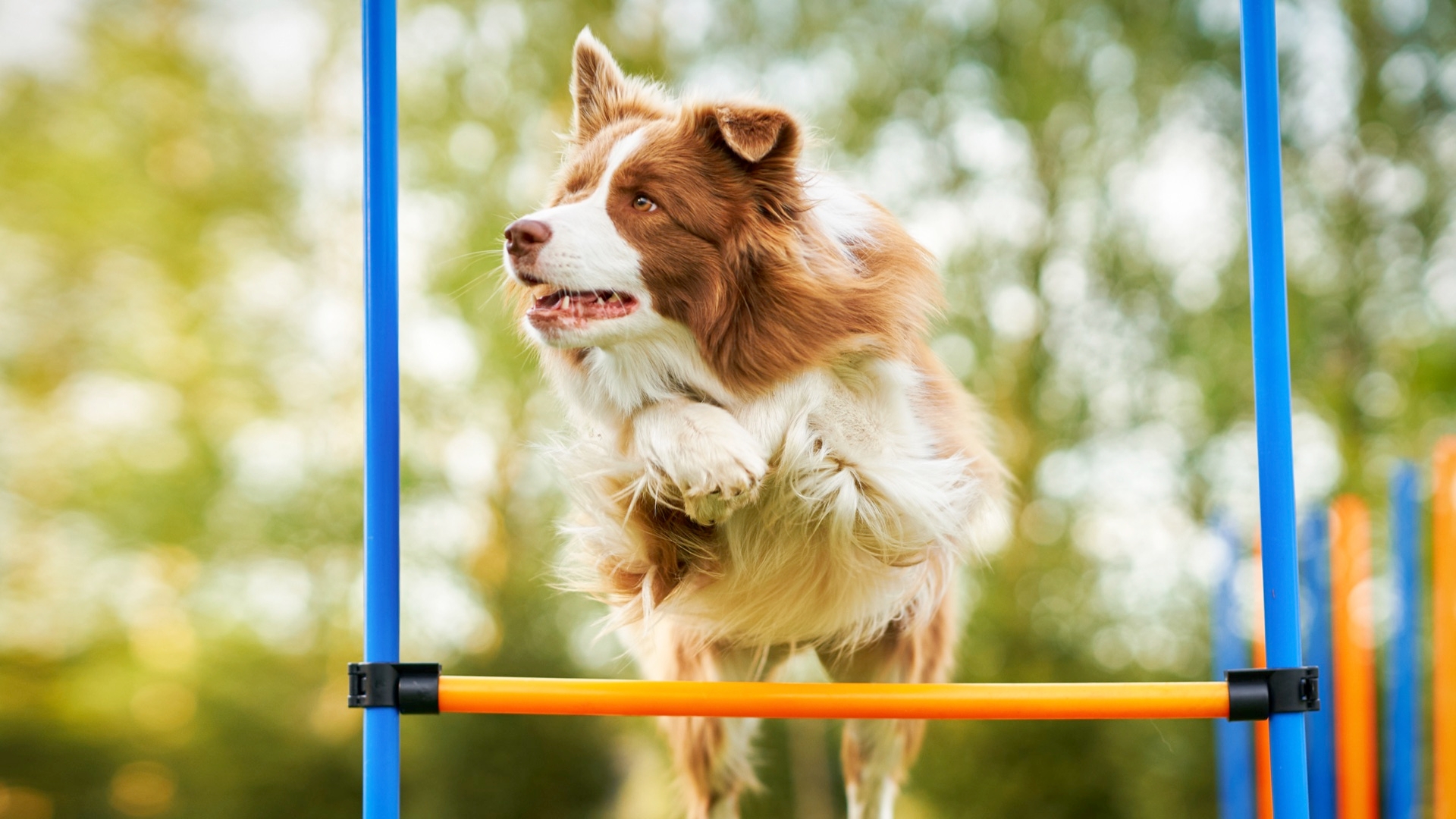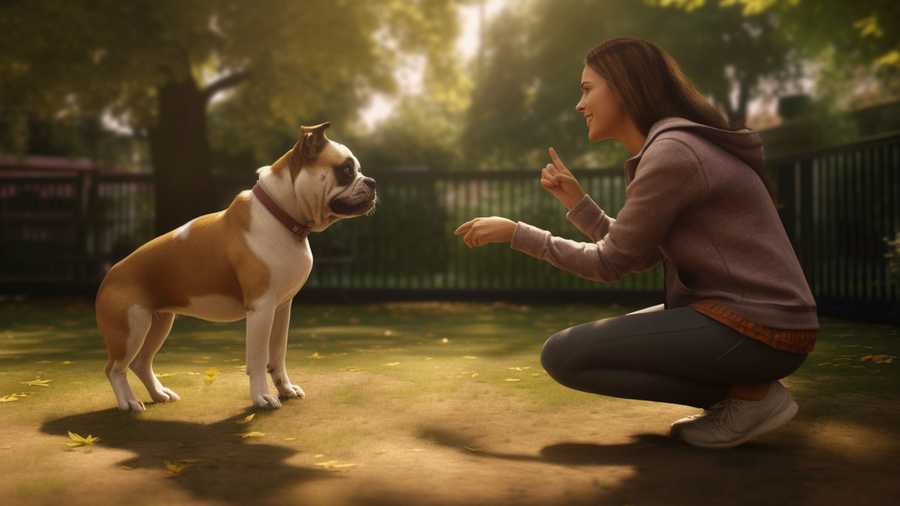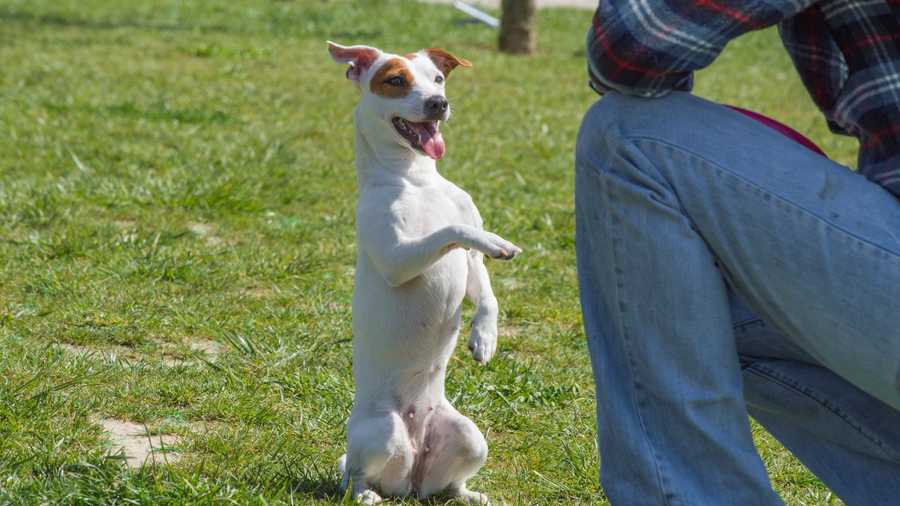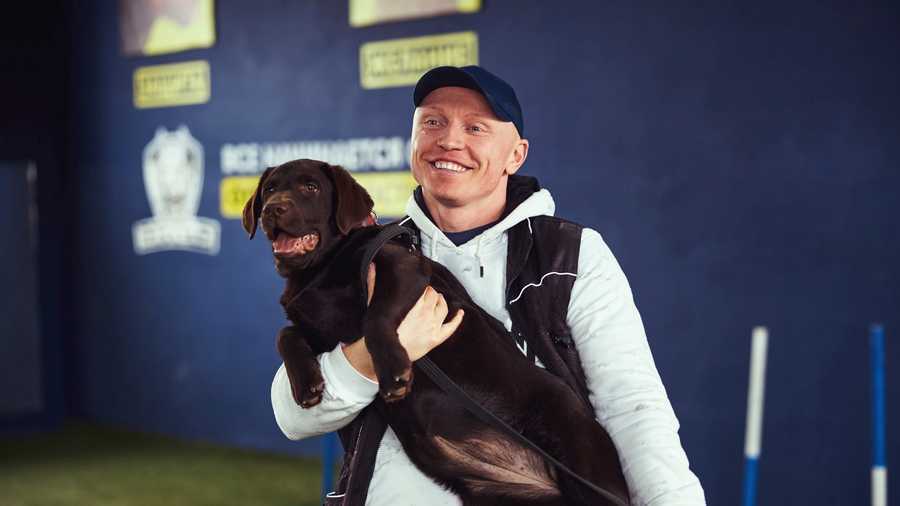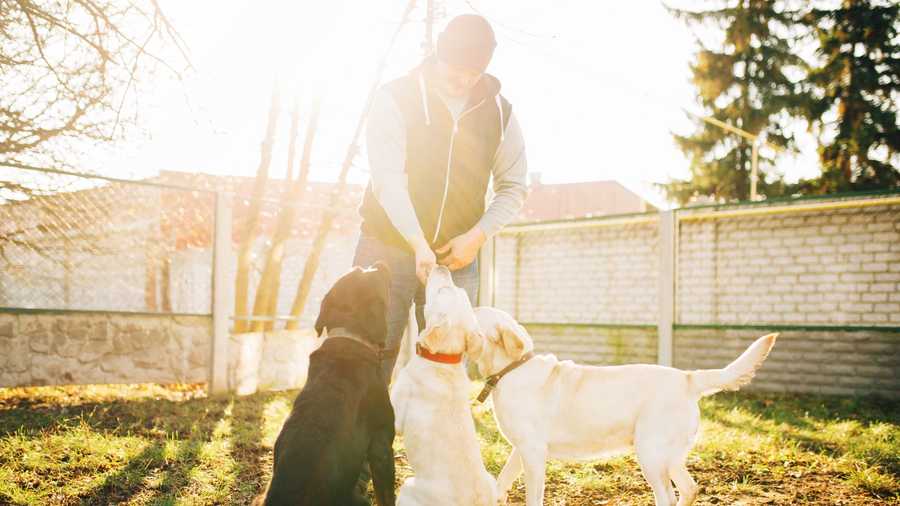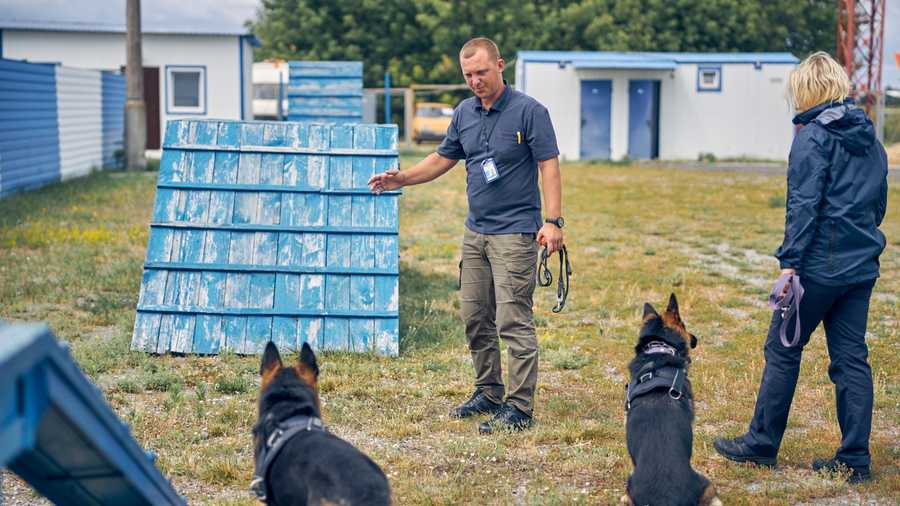Dog Training:
Dog Training Blog Posts:
The Benefits of Positive Reinforcement in Dog Training
Dog Training -
Positive reinforcement, an effective and humane method rooted in the science of operant conditioning, is beneficial for dog training. This approach involves rewarding good behavior, thereby encouraging its repetition and fostering a strong bond with your dog. Positive reinforcement aids in preventing behavioral issues by teaching dogs the desired actions instead of punishing undesirable behavior. Implementing this method requires identifying behaviors to encourage, determining your dog's preferred rewards, timely rewarding, consistency, patience, and refraining from punishment or physical force.
Common Dog Training Myths
Dog Training -
With the wide variety of dog trainers available and the differing skills and educational levels, you will no doubt encounter diverse opinions when talking to trainers, reading their websites, and getting ideas from former clients, friends, and others. While the internet has been an excellent tool for education, it has also helped propagate many myths about dog training.
Dog Training Rules To Train By
Dog Training -
To make dog training a safe, productive experience for you and your dog, keep these eleven (11) tips in mind. Remember to practice consistently, and always be patient. Dog training is a process and you can't expect to see results overnight.
Types Of Reinforcement In Dog Training
Dog Training -
There are two types of reinforcement in dog training; positive reinforcement and negative reinforcement. Wait. What about punishment? Proper training does not have room for punishment. In this post we attempt to clarify the differences.
Understanding Motivation In Dog Training
Dog Training -
One of the most important concepts that every new pet owner must learn, if they want to become an effective dog trainer, is how to motivate their dog to want to follow commands and participate in training.
Dog Training - What You Need To Know
Dog Training -
Finding a good trainer is a very personal thing, because trainers will essentially be teaching you how to teach and communicate with your dog. A good trainer can work with a variety of people and dogs, will give you honest feedback about your chance of meeting your goals, and will use a range of methods and tools to help you achieve those goals.
